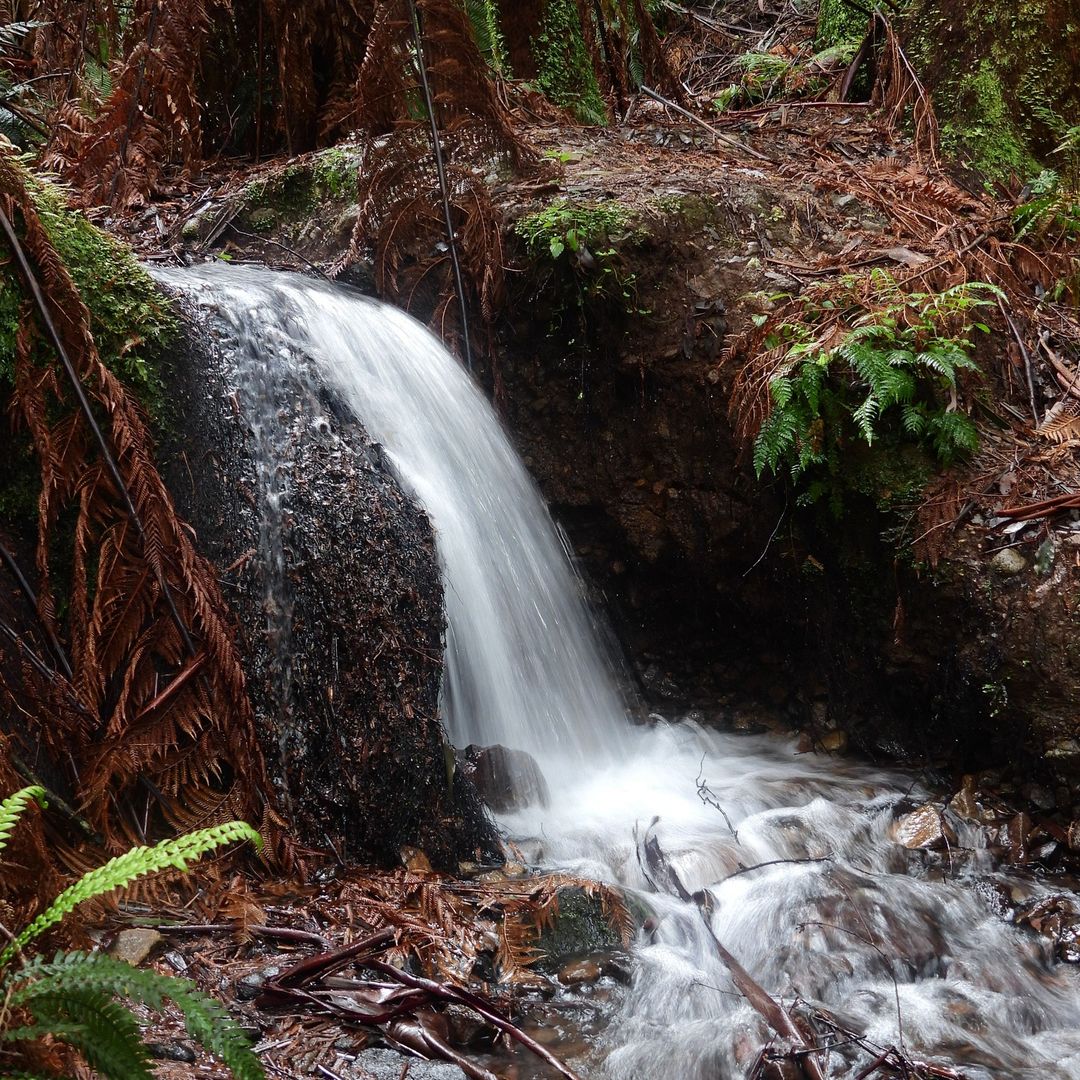What unschoolers do to help other unschoolers is to share how they came to unschooling, and the effect it has had on their children and their home lives.
It helps for new unschoolers to read some, then try some, maybe meet some people if they can, read more, try more, maybe listen to something or watch something, try more, and shuffle it up that way.
. . . .
Those new to unschooling need most or all of the same things others needed when they were new: local information, access to laws and policies, reassurance, suggestions for deschooling, answers to questions (although the answers are ever more easily available as people collect up the best answers of the past). They need inspiration and ideas.
If you're new: read, change a little; read more, change more; repeat.
From page 19 or 20 of The Big Book of Unschooling, which links to the help page: SandraDodd.com/help
photo by Dan Vilter




















